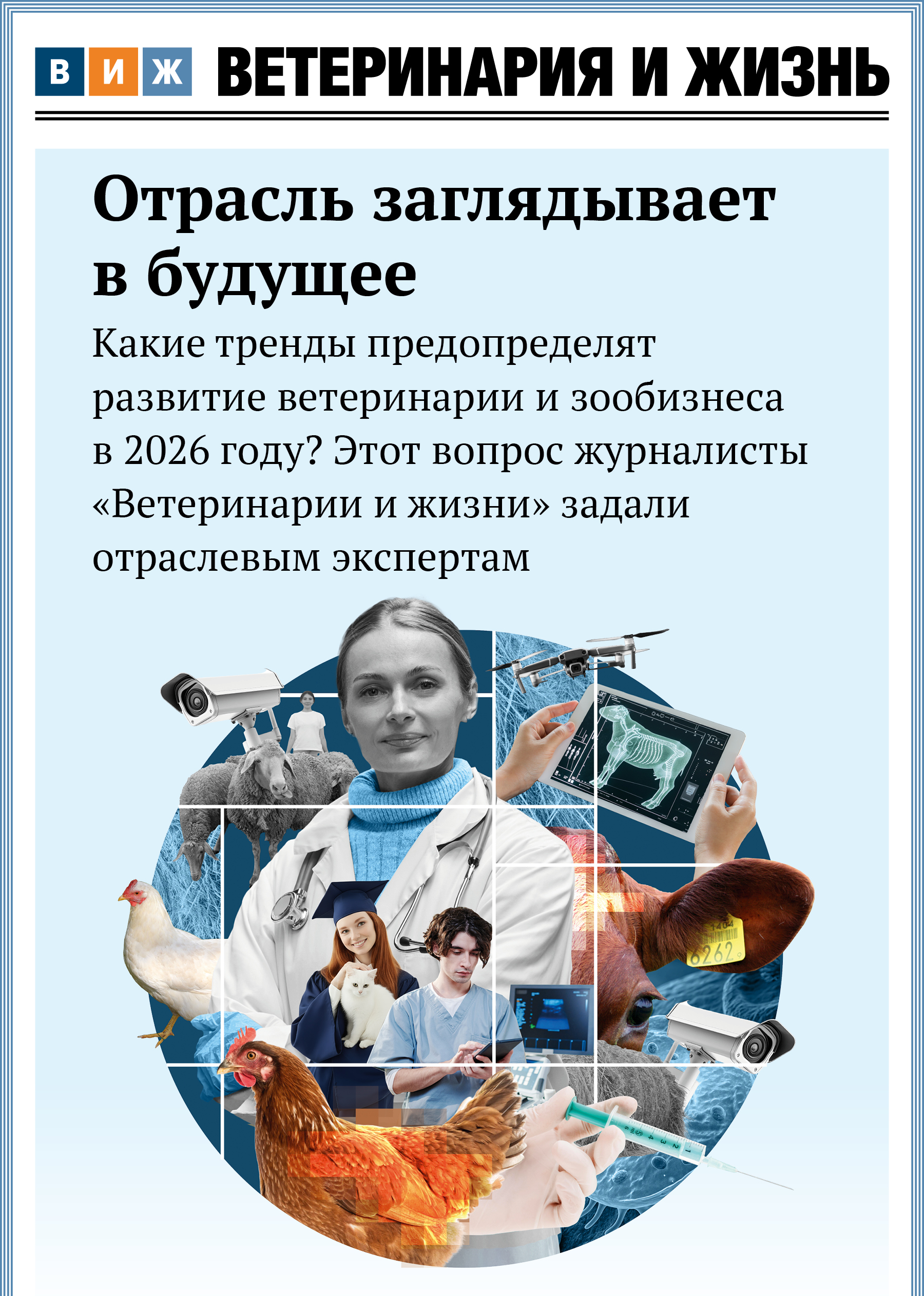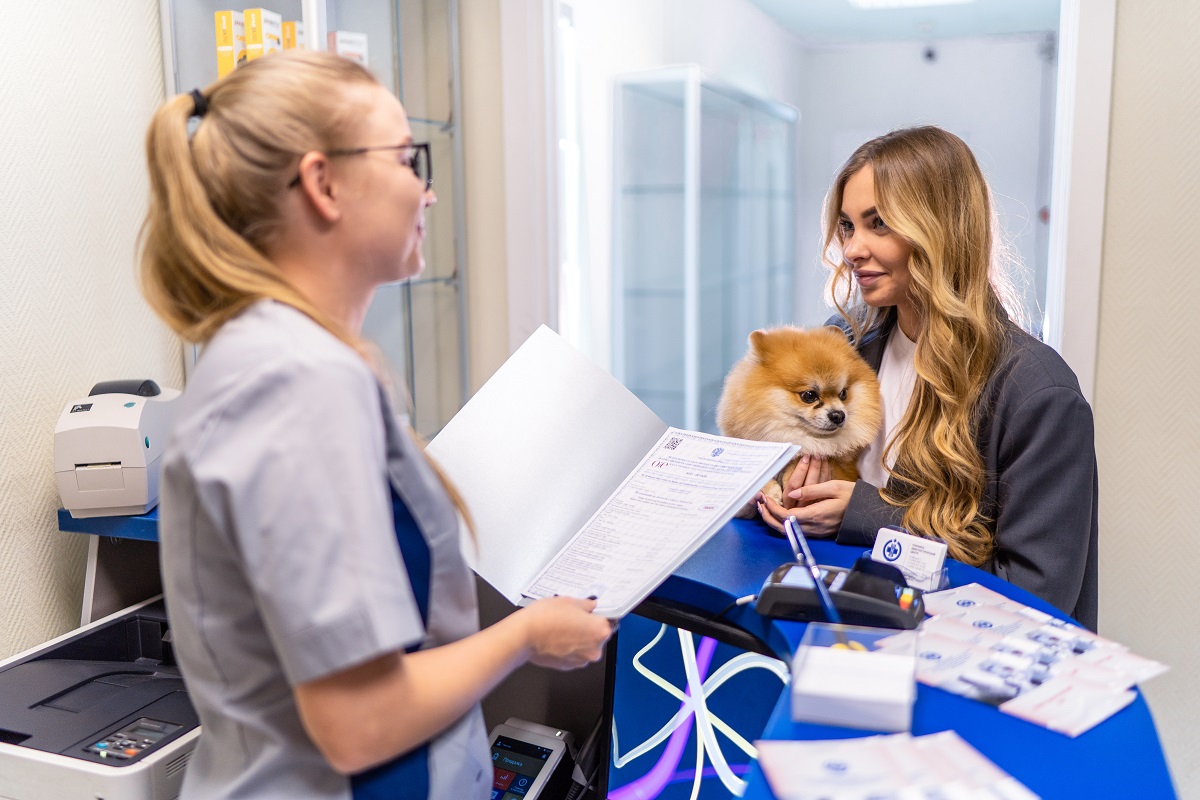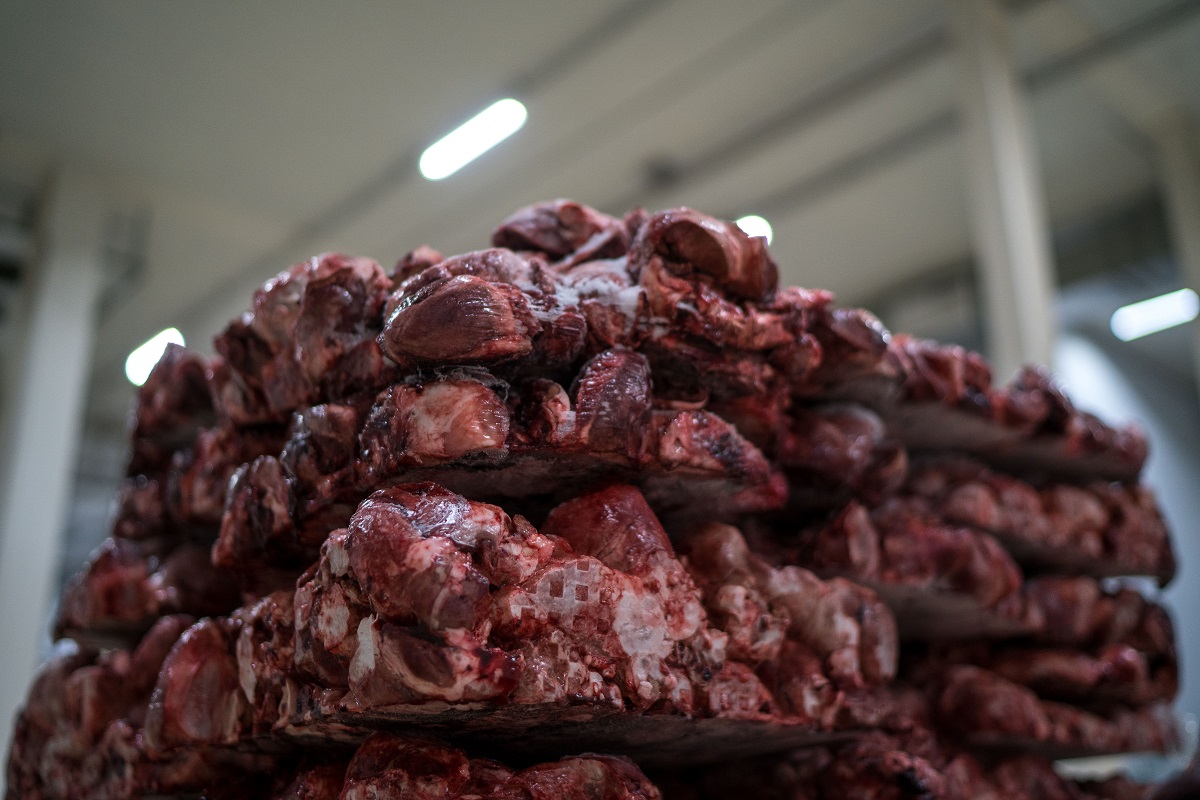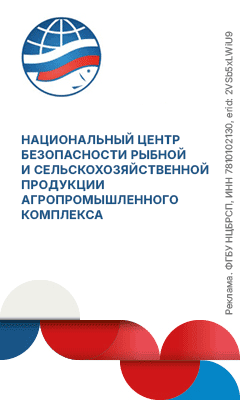Two shipments of breeder hens have been imported to Russia. “Each delivery consists of 30,000-35,000 hens,” said Dzhanarslanov. One shipment was directed to the OAO Volzhanin poultry farm, while the second was received by AO Okskoye. Both of these facilities rank among the top 5 egg producers in the country (as per the 2022 data provided by the Russian Poultry Union).
“Tetra birds are known for their calm nature, which is highly important. Flocks with aggressive birds are often exposed to pecking and injuries. Tetra birds also stand out for their high survival rate and strong immunity. There is almost no mortality observed in the flock during the final period of the productive life cycle. In addition, commercial eggs have a strong shell and are large in size, with a rich and natural color,” Rizvan Dzhanarslanov mentioned when discussing the advantages of the breed.
He emphasized that Tetra egg-laying hens were the initial foreign birds to be introduced to the USSR. The deliveries to Russia started in 2023, and Babolna Tetra now aims to enhance the volume of breeder poultry imports to Russia.
“The entry of Tetra into the Russian market is advantageous not only for us but also for all of our Russian partners, as they now have the freedom to choose,” stated Dzhanarslanov. He said that market competition would prevent the dominance of any single supplier in setting prices for breeder birds.
Rizvan Dzhanarslanov pointed out that the Russian poultry industry currently lacks domestically produced egg-laying chickens. This is further compounded by the fact that the international market is dominated by just three genetic companies engaged in breeding poultry for the production of eggs: the German EW Group, which includes Lohmann Breeders, Hy-Line International, H&N International, and Novogen; the Dutch company Hendrix Genetics, which includes Hisex, Dekalb, and others; and the Hungarian company Babolna Tetra.
The expert pointed out that transitioning from one breed to another is not a simple task. “A number of experiments are required to ensure that the new breed performs at least as well as the previous one,” Rizvan Dzhanarslanov explained to V&L.









